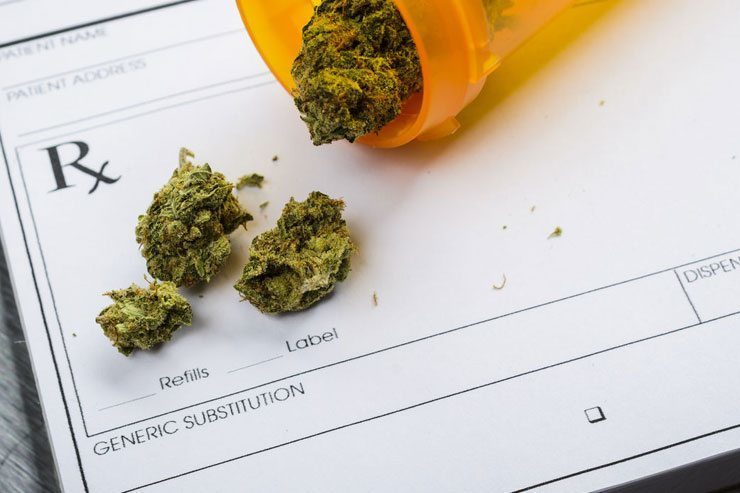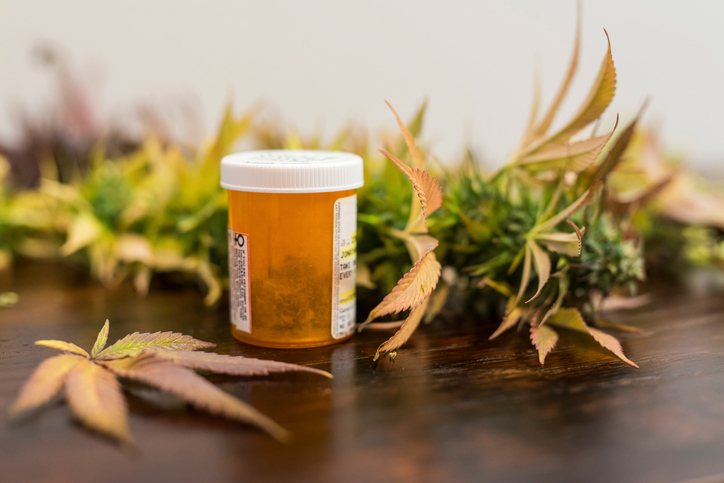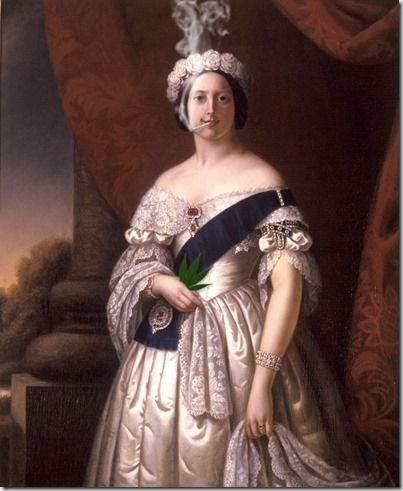Debra Harper
“A significant percentage of patients (42%) reported accessing cannabis from illegal/unregulated sources in addition to access via LPs, and over half (55%) were charged money to receive a medical recommendation to use cannabis, with nearly 25% paying $300 or more.”
International Journal of Drug Policy
We hear how well Licensed Producers (LP’s) are doing in the legal medical cannabis market, how stocks are going up, how the market is expanding, and how everything is rosy and fine. But many problems with the legal market are being masked by the entrenched grey market. The proof is summarized in a paper entitled, “Medical Cannabis Access, Use, And Substitution For Prescription Opioids And Other Substances: A Survey Of Authorized Medical Cannabis Patients,” published recently in the International Journal of Drug Policy. (1)
 The statistics tell the story: A significant percentage of patients (42%) reported accessing cannabis from illegal/unregulated sources in addition to access via LPs, and over half (55%) were charged money to receive a medical recommendation to use cannabis, with nearly 25% paying $300 or more. Why is that?
The statistics tell the story: A significant percentage of patients (42%) reported accessing cannabis from illegal/unregulated sources in addition to access via LPs, and over half (55%) were charged money to receive a medical recommendation to use cannabis, with nearly 25% paying $300 or more. Why is that?
In the legal market, you must get a recommendation from your doctor. For some, this is no problem, especially if they live in an urban centre that has cannabis clinics. Some clinics charge a fee, up to $400, to access this service, while others do it for free. For some patients, their doctors refuse to sign and that leaves them out in the cold. To access the grey market, you simply ask around, and someone has some cannabis to sell. You can also order online without documentation, or if you live within a reasonable distance from a cannabis dispensary, you can go there.
For those with legal access, many times patients will log on to their LP’s site to order product they want, but find that it is not available. Mettrum was sold out of all their dried flower product for several weeks. What are patients supposed to do? They turn to the grey market of course. We don’t hear much grumbling about the LP’s for this reason – everyone is getting what they want one way or another.
 Compared to accessing the grey market, the procedure to access legal cannabis is onerous. Once you have a doctor’s recommendation, you have to pick an LP, and if you are not satisfied, you must go back to your doctor, get another medical document for a different LP, wait for it to be processed, then place your order. With the grey market you have lots of options.
Compared to accessing the grey market, the procedure to access legal cannabis is onerous. Once you have a doctor’s recommendation, you have to pick an LP, and if you are not satisfied, you must go back to your doctor, get another medical document for a different LP, wait for it to be processed, then place your order. With the grey market you have lots of options.
There is also the wait for delivery, and the charges. Canada Post delivers the medicine in 2-4 business days (longer if a weekend falls within the delivery time), and if you miss the delivery, which requires a signature, you wait an extra day, and must pick it up at the post office. With the grey market, access can be fairly instantaneous if you have a dealer that is well stocked, with delivery or pickup within an hour. You can also see what you are purchasing, and sometimes get credit if you are strapped for cash. Nothing like that exists with the legal market.
Another shortfall of the legal market is the lack of choice of ingestion methods. LP’s offer dried flowers, and some offer oil, but none stock baked goods, tinctures, and topicals, which represent increasingly popular methods of using cannabis. Some grey market dealers are even offering cookies and brownies to stay competitive in today’s high stakes market. Online and retail grey market dispensaries offer a wide variety of products from dried flowers to baked goods, tinctures, topicals and oils.
 If the government is serious about eliminating the grey market, these are all things it should keep in mind. Without allowing people to access cannabis in an easy and timely manner, the grey market will continue to thrive. The challenges ahead are many, but looking at what works and what doesn’t will help to assimilate as much of the grey market as possible into a regulated market.
If the government is serious about eliminating the grey market, these are all things it should keep in mind. Without allowing people to access cannabis in an easy and timely manner, the grey market will continue to thrive. The challenges ahead are many, but looking at what works and what doesn’t will help to assimilate as much of the grey market as possible into a regulated market.
(1) Int J Drug Policy. 2017 Feb 9;42:30-35. doi: 10.1016/j.drugpo.2017.01.011.
Medical cannabis access, use, and substitution for prescription opioids and other substances: A survey of authorized medical cannabis patients.
Lucas P, Walsh Z.
https://www.ncbi.nlm.nih.gov/pubmed/28189912
(Written March 6, 2017)



